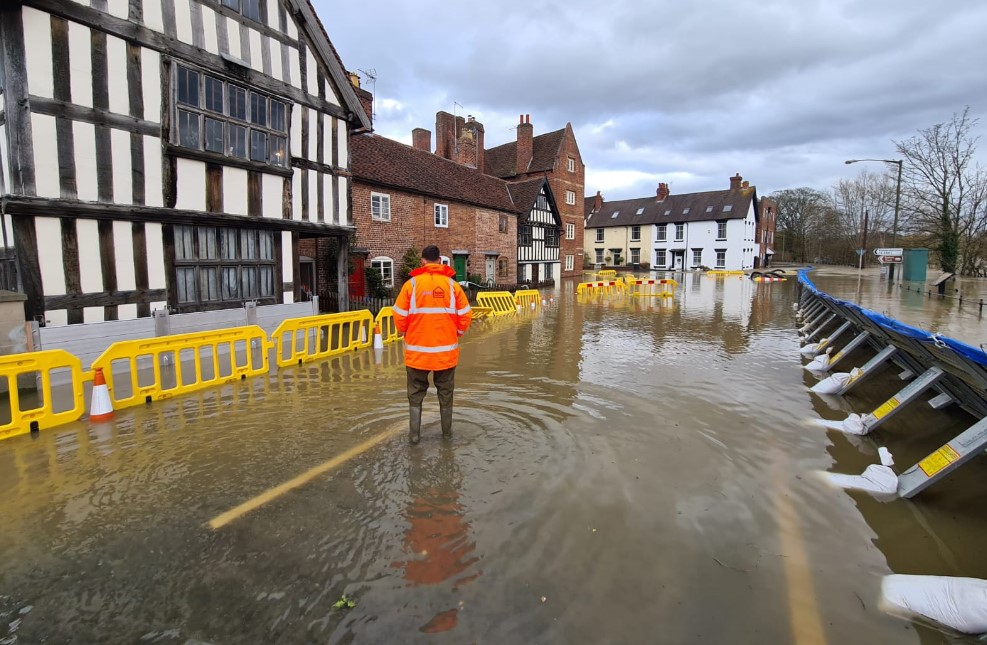The government is underprepared for extreme weather events, such as severe floods, which have the potential to cause significant disruption, according to a new report by the National Audit Office.
The independent public spending watchdog’s report – Government resilience: extreme weather – assesses four extreme weather risks: droughts, surface water flooding, storms, and high temperatures (including heatwaves), to determine how well-prepared the country is for the projected increasing frequency and intensity of such events.
The government has dedicated response arrangements in place for extreme weather events when they occur. Processes include established escalation protocols, with clearly defined roles and responsibilities across policy and communications; close working with forecasters and government agencies, such as the Met Office and the Flood Forecasting Centre to inform planning and risk assessments; and regular reviews and testing of plans.
However, the NAO’s report says the government needs to step up its preparation to limit the impact extreme weather events can have on people, businesses, and communities. It recommends departments with responsibility for managing risks should set out clearly defined targets for ‘what good looks like’, so that stakeholders across the public and private sectors are working toward a clear common goal.
It also says that the Cabinet Office does not currently have clearly defined targets, or an effective strategy in place to make the UK resilient to extreme weather, which makes it difficult for government to make informed decisions on investment, and the NAO found limited evidence of risk assessments feeding into how funding was allocated.
It suggests that the government could accelerate plans to develop a coordinated approach to investment in resilience. Specifically, the NAO recommends that it should develop its approach by 2025 and implement it by 2028, instead of the current 2030 target. Government does not track or evaluate its spending on extreme weather. The report suggests that until these plans are developed, it cannot demonstrate whether value for money is being achieved. The NAO also recommends that the Cabinet Office should strengthen the leadership, accountability and assurance arrangements of extreme weather risks across government, including considering the merits of a chief risk adviser.
Gareth Davies, head of the NAO, said: “The UK’s experience during the pandemic demonstrated the vital importance of building resilience, and that lesson also applies to extreme weather events.
“Government needs to place sufficient emphasis on prevention and preparedness – clearly articulating the level of risk it will tolerate – and making informed decisions about prioritisation to ensure efficient and effective investment for the long-term.”
Image courtesy Provisco
Printed Copy:
Would you also like to receive CIR Magazine in print?
Data Use:
We will also send you our free daily email newsletters and other relevant communications, which you can opt out of at any time. Thank you.











YOU MIGHT ALSO LIKE